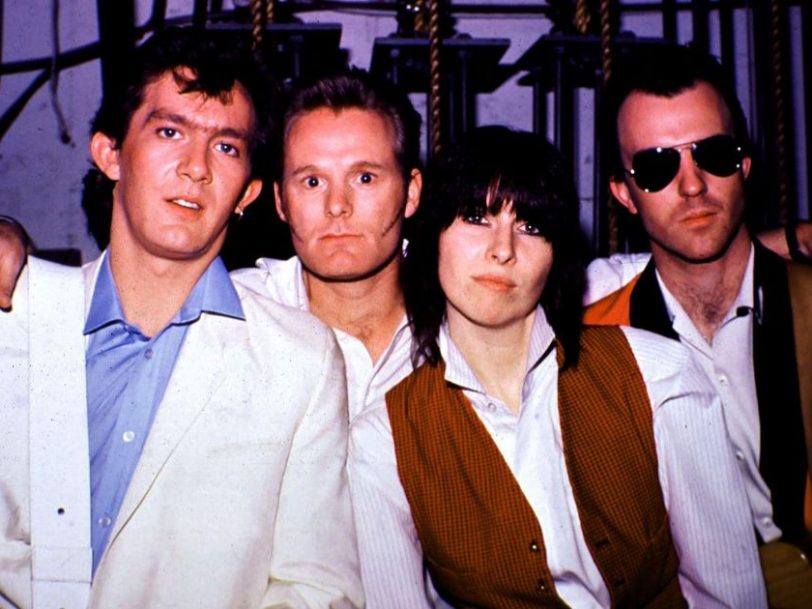Yearning and heartstring-tugging, Pretenders’ 1983 single 2000 Miles is widely accepted as one of the Best Christmas songs of all time. Yet while it namechecks the festivities (“The children will sing/He’ll be back at Christmas time”) and conjures images of lovers missing each other across the miles, this sublime ballad was actually inspired by a tragic event entirely removed from Christmas – the sudden death of Pretenders’ original guitarist, James Honeyman-Scott.
Listen to the best of Pretenders here.
The backstory: “It was influenced by an Otis Redding song”
“I think the sense of distance in the lyrics was referring to [the loss of] Jimmy Scott,” Pretenders’ leader, Chrissie Hynde, reflected in the liner notes for the group’s 2006 box set, Pirate Radio. “The song itself was influenced by an Otis Redding song called Thousand Miles Away,” she continued, noting that its connection with the “King Of Soul”’s was “another thing I thought everyone would pick up on, and of course no one even knows that song”.
Understandably, Honeyman-Scott’s unexpected death from a drug overdose, in June 1982, set Pretenders reeling. It came just two days after the group fired their original bassist, Pete Farndon, for his own drug-related unreliability. Then, while Hynde and drummer Martin Chambers were still coming to terms with Honeyman-Scott’s death, the estranged Farndon died from a heroin overdose, in April 1983.
In between these twin tragedies, Pretenders (with Hynde and Chambers augmented by Big Country bassist Tony Butler and ex-Rockpile guitarist Billy Bremner) returned with the excellent UK Top 20 hit Back On The Chain Gang, but they were still processing the loss of their two bandmates. As they made decisions on the group’s long-term future, Hynde and Chambers were united in their desire to record new music – and sooner rather than later.




